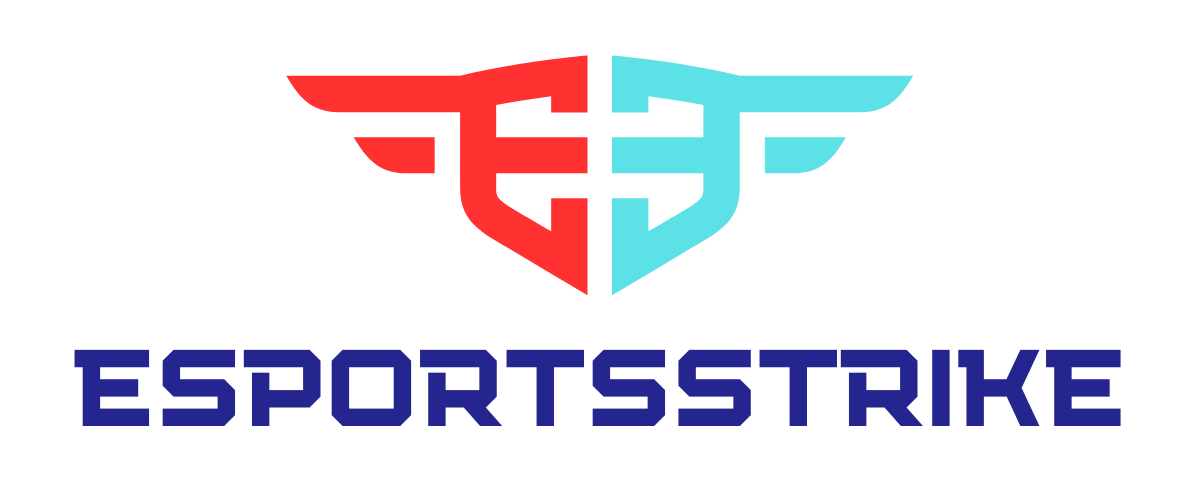The Best Fluffy Pancakes recipe you will fall in love with. Full of tips and tricks to help you make the best pancakes.

Remote Esports Jobs: Unlock Your Dream Career in Gaming from Home
In a world where gaming isn’t just a hobby but a booming industry, remote esports jobs are the new gold rush. Picture this: you’re in your pajamas, sipping coffee, and making a living while playing video games. Sounds like a dream, right? Well, it’s not just a fantasy anymore. As esports continues to skyrocket, opportunities are popping up faster than a respawn in your favorite battle royale.
Remote Esports Jobs
Remote esports jobs encompass a wide range of positions, reflecting the diverse skills required in the gaming industry. Game design roles allow individuals to create engaging gameplay experiences while job opportunities in content creation include streaming, video editing, and writing. Professional gamers can participate in online tournaments, showcasing their skills to earn a living.
E-sports organizations require management and marketing professionals to grow their teams and enhance their brand. Positions like social media managers focus on building online presence, while event coordinators handle virtual competitions and community engagement. These roles create pathways for individuals who excel in communication and strategy.
Various streaming platforms like Twitch and YouTube attract content creators seeking to monetize their gaming talents. Revenue streams may consist of ad revenue, sponsorships, and viewer donations. Many gamers turn their passion into a sustainable income through live streaming and video production.
Job boards and industry-specific websites provide resources for those seeking remote positions. Websites like Hitmarker and Remote.co list esports-related job openings, making job searches more straightforward. Networking through gaming communities and online forums can also reveal hidden opportunities for growth and collaboration.
As the industry continues to expand, remote esports jobs are likely to grow in quantity and diversity. Flexibility and adaptability become crucial for future success, allowing professionals to navigate various project demands. Embracing changing trends and technologies prepares individuals for a dynamic career in the esports realm.
Types Of Remote Esports Jobs

Remote esports jobs encompass various roles catering to multiple skill sets. Understanding these positions can help individuals identify their ideal career path within the esports landscape.
Game Developer Positions
Game developers play a crucial role in creating engaging gaming experiences. Positions include software engineers, game designers, and artists. Developers work on coding, graphics, and gameplay mechanics. Many companies now prioritize remote talent, enabling collaboration from anywhere in the world. Various platforms, such as Unity and Unreal Engine, often facilitate game development across different teams.
Content Creation Roles
Content creation encompasses several roles within the esports industry. Popular positions include streamers, YouTubers, and writers. Creators produce gameplay videos, tutorials, and reviews and engage with fans through live streams. Platforms like Twitch and YouTube provide monetization opportunities through ad revenue and sponsorships. Community engagement significantly impacts a creator’s success, driving viewer loyalty and growth.
Esports Management Careers
Esports management careers are essential for organizing and promoting teams and events. Roles in this field include team managers, marketing specialists, and event coordinators. Professionals ensure smooth operations and strategic brand growth for esports teams. Networking and relationship-building skills come into play when working within the industry. Additionally, knowledge of analytics aids in improving team performance and marketing strategies.
Skills Required For Success
Success in remote esports jobs hinges on a blend of technical and soft skills. Candidates equipped with the right abilities stand out in this competitive landscape.
Technical Skills
Technical skills play a crucial role in many esports positions. Knowledge of programming languages like C++ or Python benefits game developers and software engineers. Proficiency in graphic design tools enhances the work of artists and designers. Understanding analytics software helps marketing specialists track team performance. Furthermore, familiarity with streaming platforms and content creation software can elevate a streamer’s reach and engagement. Staying updated with industry trends offers an advantage when working on game mechanics or developing content.
Soft Skills
Soft skills significantly impact success in remote esports roles. Effective communication fosters collaboration among team members and improves community engagement. Problem-solving abilities enable individuals to tackle unexpected challenges, especially in live events or streaming sessions. Adaptability proves vital, as the gaming industry evolves rapidly with new titles and technologies. Time management aids professionals in balancing multiple tasks, from content creation to game development. Creativity drives innovation, essential for standing out in content creation or game design. Building relationships through networking supports career advancement and business growth in this dynamic field.
Benefits Of Remote Esports Jobs
Remote esports jobs offer valuable benefits that attract individuals seeking career opportunities in the gaming industry. These roles provide unique advantages, enhancing both professional growth and personal satisfaction.
Flexibility And Work-Life Balance
Flexibility stands out as a primary benefit of remote esports jobs. Working from home allows individuals to set their schedules, enhancing productivity and job satisfaction. Employees can balance professional obligations with personal interests. Additionally, reduced commute times free up hours for leisure activities and family engagements. This autonomy in managing time contributes to lower stress levels. The ability to work in a comfortable environment also fosters creativity and motivation.
Access To A Global Market
Access to a global market significantly expands opportunities in remote esports roles. Professionals can connect with teams and organizations from various countries, broadening their career prospects. This international reach enables diverse collaboration, allowing individuals to learn from global trends and practices. Networking opportunities become more extensive, increasing visibility within the esports community. Additionally, remote work eliminates geographical barriers for candidates, ensuring that talent is matched with the right roles regardless of location. This access aids in career advancement and industry knowledge.
Challenges In Remote Esports Jobs
Remote esports jobs come with unique challenges that can impact productivity and collaboration. These challenges include communication barriers and time zone differences that can hinder teamwork.
Communication Barriers
Effective communication is essential for remote esports teams. Misunderstandings often arise due to reliance on written messages, leading to confusion about task priorities. Additionally, the absence of non-verbal cues can cause misinterpretations during discussions. Virtual meeting platforms help, yet technical issues can lead to disruptions. Team members might struggle to express ideas, which hampers brainstorming sessions. Establishing clear guidelines for communication helps mitigate these challenges, fostering a culture of clarity and collaboration. Regular check-ins can enhance understanding and alignment within the team.
Time Zone Differences
Time zone differences present a significant obstacle for remote esports teams. Coordinating meetings across multiple regions can be difficult, resulting in scheduling conflicts. Some members may work while others are asleep, disrupting workflow and communication. Attendance at crucial discussions often suffers, impacting overall productivity. Flexibility plays a vital role in managing these differences; teams may adopt a rotating schedule for meetings. Recording sessions can ensure that everyone stays informed, regardless of their location. By embracing asynchronous communication tools, teams can maintain efficiency despite geographical challenges.
Vibrant and Full of Potential
The landscape of remote esports jobs is vibrant and full of potential. As the gaming industry expands, opportunities continue to emerge across various roles, from game development to content creation.
Flexibility and work-life balance make these positions particularly appealing, allowing professionals to thrive in a global market. However, success in this field requires a blend of technical expertise and soft skills.
Navigating communication challenges and time zone differences is crucial for collaboration. By embracing adaptability and fostering strong networks, individuals can position themselves for growth in this dynamic industry. The future looks promising for those ready to seize the opportunities in remote esports.
